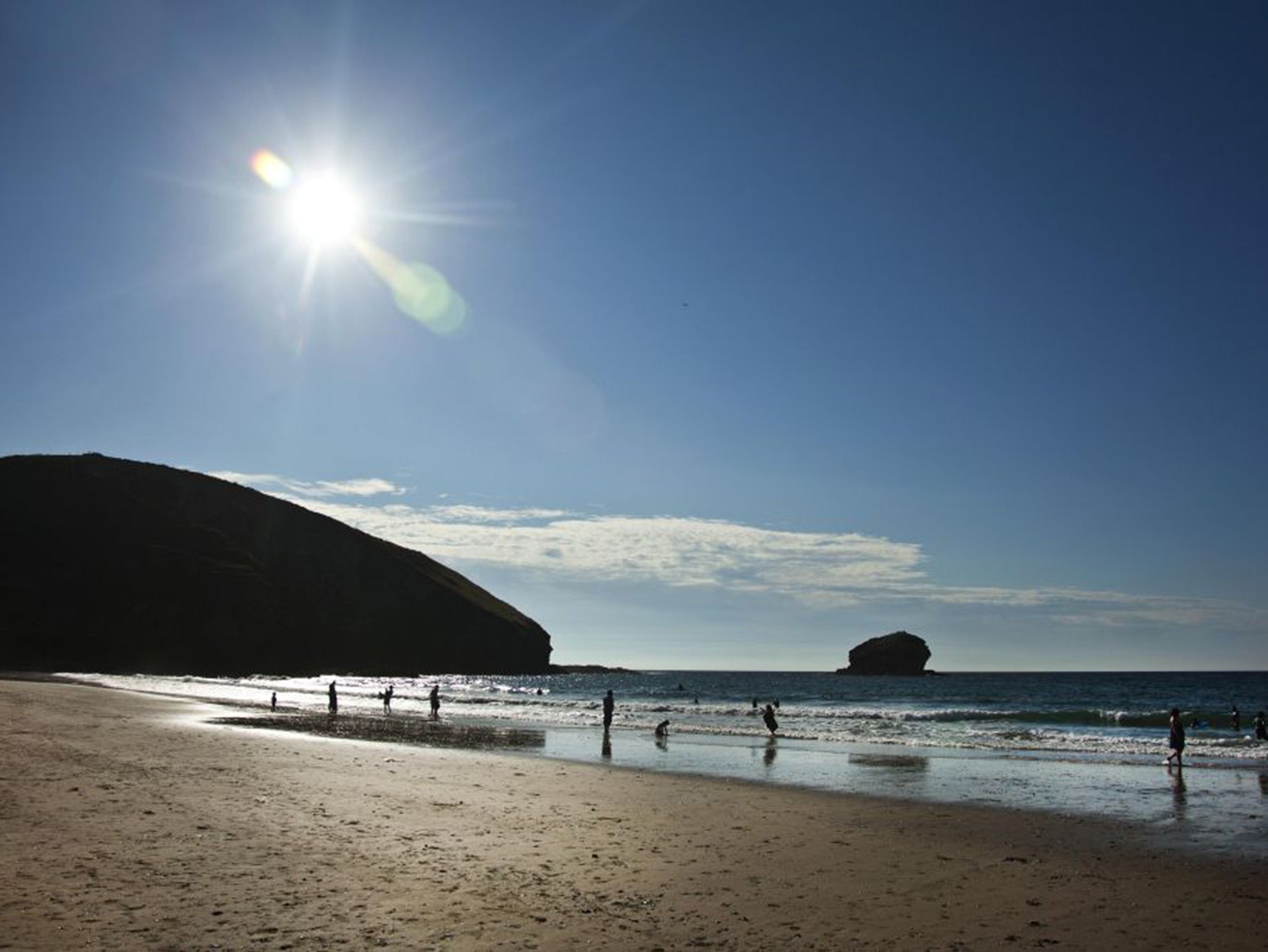Cornwall may be an Instagrammer's dream, but it's still the poorest region in Britain
As holidaymakers head towards the coast, we drive through villages and towns where there is the danger of a permanent cycle of welfare dependency


Ah, those pictures of David Cameron and his delightful wife on the beach in Cornwall. What a perfect vision of England in the summertime, a couple chillaxing, appealingly dishevelled after a bracing early morning swim under a battleship grey sky. How lucky we are to have a Prime Minister of such vitality and homely appeal, who wears a £35 polo shirt with insouciant style, and who chooses the prosaic delights of the north Cornish coast for his holidaymaking.
There they are, Mr and Mrs C, having an espresso and skinny latte at the Galleon Beach Café – a self-proclaimed “legend for 50 years” – and they appear for all the world an ordinary middle-aged, middle-class husband and wife at ease with the world, enjoying a simple break. Anyone would have thought that the photographs had been carefully orchestrated by a team of image consultants.
I, too, chose Cornwall for my summer break this year, and it’s easy to see why the Camerons and many of their ilk decide to overcome all sorts of geographical and transport difficulties by going there. I could have gone to Antigua in the time it took me to drive to the far south-western tip of Britain, but there is something about a staycation that makes you feel, well, just a little bit virtuous. It helps, of course, that we are never too far from the creature comforts of our metropolitan lives. Even at a simple beach café you can get proper coffee and, no doubt, artisanal sourdough bread.
Cornwall is officially the poorest region in Britain, where the average annual salary is a little more than £14,000. It has been singled out by the EU as one of the 10 most deprived areas in western Europe.
The Duchy has received £1bn of handouts from the EU over the past two decades in order to regenerate its economy. Yet as we holidaymakers head towards the coast, we drive through villages and towns where, according to official analysis, there is the danger of “a permanent cycle of welfare dependency”. The tin mines have been long-since disbanded, so it’s left to tourism to keep the region afloat, and they know what we want. Which is, of course, Moroccan spiced lamb, home-made focaccia sandwiches and fish tagine with couscous.
The British obsession with food has reached even the most far-flung corners, and this was what people were queuing up for at my local beach café. We’re not content with ice cream and fish-paste sandwiches any more: we demand the dishes we see on telly, or in magazines, or on Instagram.
In truth, I don’t know what to make of it all. Naturally, I took my place in the queue, spent £9 on a bowl of delicious seafood chowder, and then enthused about it. But I couldn’t help feeling that there’s something slightly oppressive about the way metropolitan tastes, and the demands of the digital world, have infiltrated all corners of life.
What’s wrong with a crab sandwich? Oh, that’s right. No one would Instagram that. Here, there were as many people taking pictures of their lunch as eating it.
We are – as never before – what we eat. And, as the Camerons illustrate, it’s all about the image.



Join our commenting forum
Join thought-provoking conversations, follow other Independent readers and see their replies